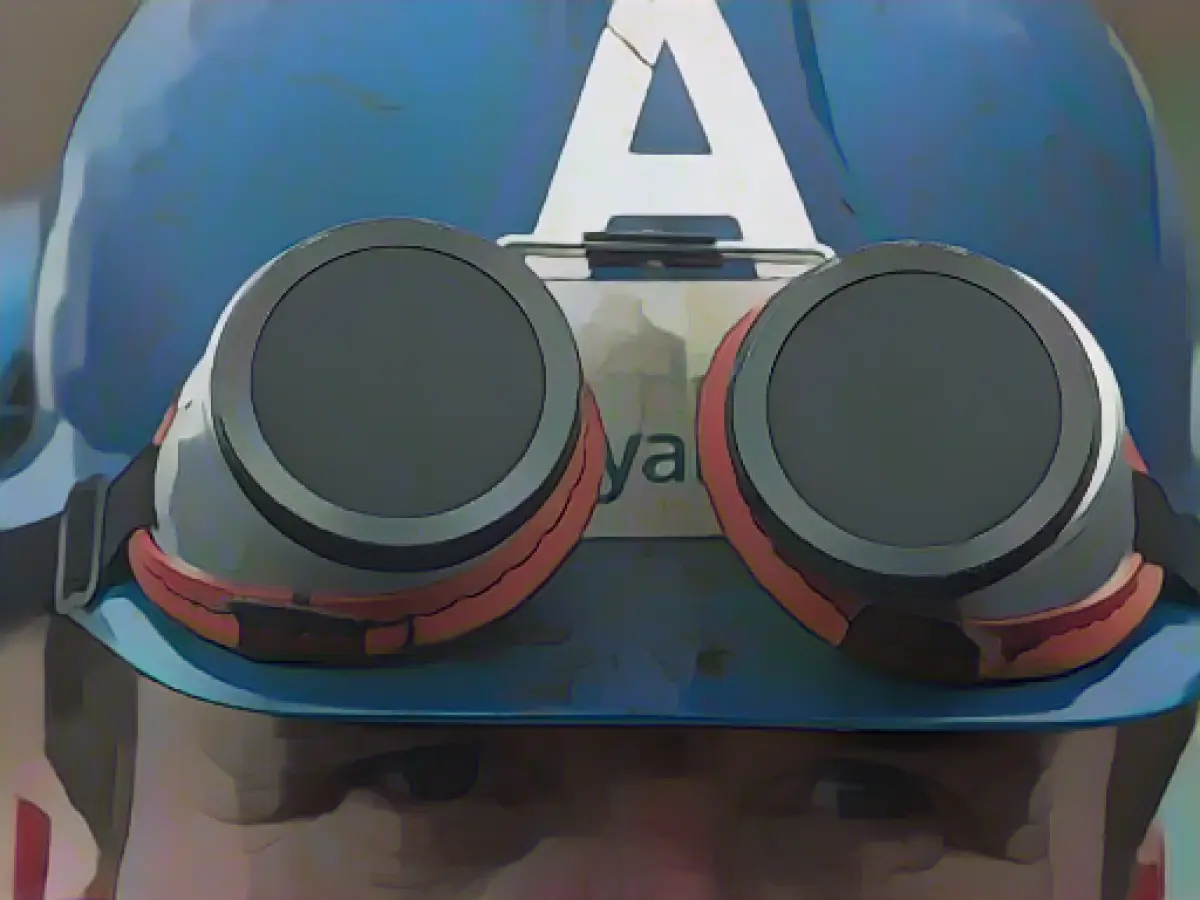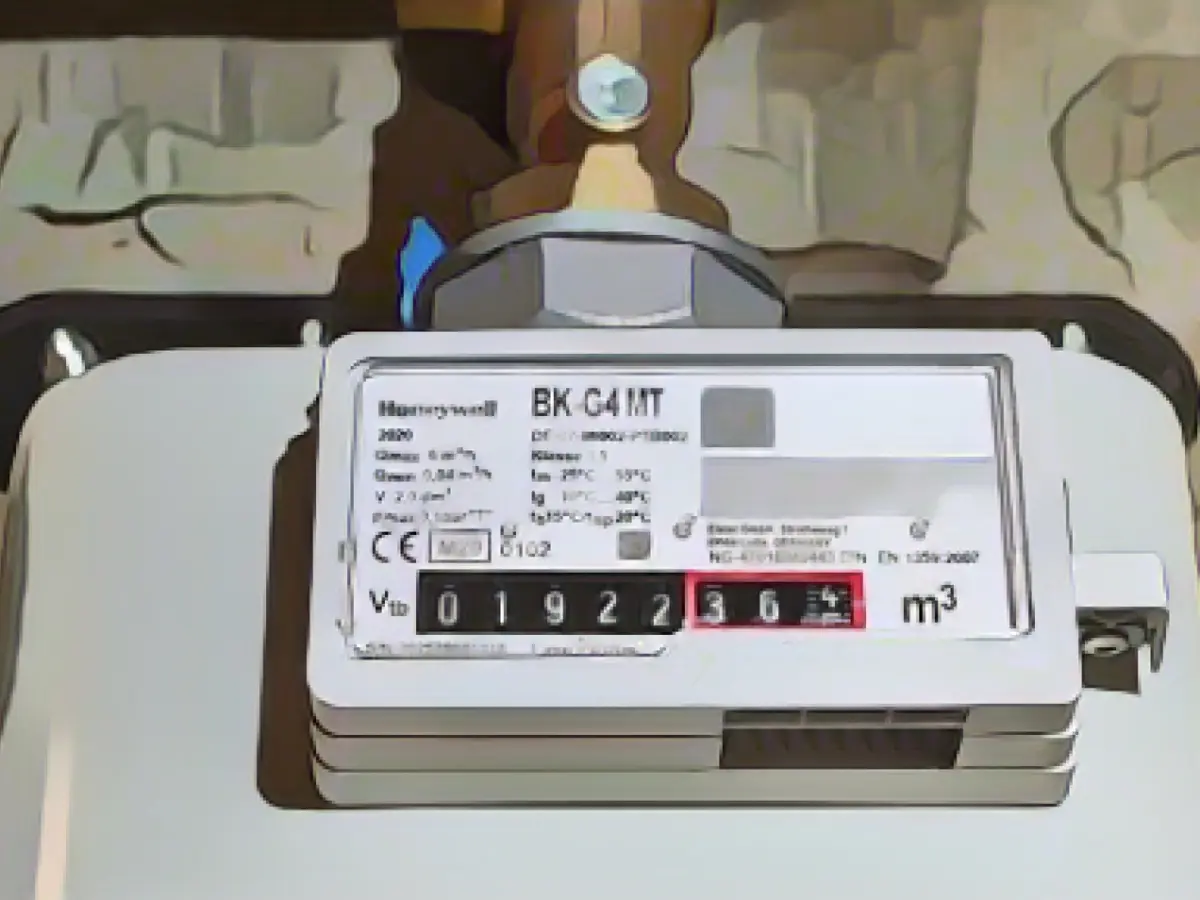Troubles Ahead for Northern German Metal and Electrical Industry: Employers Unhappy
According to recent surveys, it's a tough time for employers in the northern German metal and electrical industry. Thomas Piehler, the Vice President of employers' association Nordmetall, stated on Thursday that never before have so many companies in the area expressed dissatisfaction with politics, labor costs, and the scarcity of skilled workers. Plus, a record number of companies are now planning to move their production overseas.
The survey involved 170 metal and electrical companies with nearly 108,000 employees from regions like Hamburg, Schleswig-Holstein, and Mecklenburg-Western Pomerania. Nearly 85% of respondents consider high labor costs a significant burden, and around 71% see the labor shortage as a major negative factor. Two-thirds of companies also think the attractiveness of Germany as a business location has decreased over the past six months.
As a result, one in five companies (21%) is now considering relocating production abroad – the highest number ever and nearly five times more than ten years ago. Piehler expresses his regret, stating that de-industrialization is in full swing and can only be stopped if politicians address the poor business conditions immediately.
So far, officials seem to be taking the opposite approach ahead of the national elections in September. According to the survey, 52% of companies see new laws as making the economic situation worse.
To tackle the shortage of skilled workers, Piehler believes the government must act quickly. He suggests that previous initiatives, like immigration plans, support for refugees, and projects to increase the number of qualified school leavers, aren't enough. Beyond merely addressing the labor crisis, Piehler also advocates for stopping the obstruction of the transformation to cope with climate change, digitalization, and population shifts.
The survey also reveals that about 28% of companies rate their current business situation as poor or unsatisfactory, twice as many as in the spring. At the same time, around a third of companies are experiencing a lack of orders, nearly triple the number in the spring. Fewer companies expect their business situation to improve in the next six months, while more expect it to worsen.
Only about a third of surveyed companies plan to hire more employees in the coming months, a sharp drop from the 46% that intended to do so in the spring. Conversely, the number of companies planning to reduce their workforce has doubled from 11% to 17%. Unsurprisingly, the metal industry and vehicle manufacturers are among the pessimistic ones.
Insight: Improving the Metal and Electrical Industry
To improve France's struggling metal and electrical industry, several policies and actions can be considered:
- Investment in Renewable Energy Infrastructure:
- Green Hydrogen Projects: Initiatives like Project Anker, which aims to produce 80,000 tons of green hydrogen annually, can help reduce CO₂ emissions and provide a cleaner energy source for industries.
- Enhanced Vocational Training and Workforce Development:
- Vocational Training: Expanding vocational training programs to create a skilled renewable energy workforce is crucial.
- Stable Energy Policy Frameworks:
- Energy Policy Reforms: Addressing sudden surges in power prices by implementing stable energy policies can balance the transition to renewables and meet immediate industry needs.
- Incentives for Industry Investment:
- Tax Incentives and Subsidies: Offering tax incentives and subsidies can attract foreign investment and secure financing for new projects.
- Local Content Policies:
- Promoting Domestic Suppliers: Implementing local content policies can support domestic suppliers and enhance the effectiveness of industrial policies.
- Community Engagement and Social Responsibility:
- Benefit-Sharing Arrangements: Ensuring that mining and industrial projects contribute to sustainable development through local development efforts can strengthen trust between companies and communities.
- Investment in Infrastructure and Technology:
- Access to Advanced Technologies: Attracting multinational firms for technology transfer and investing in infrastructure, workforce training, and equipment acquisition can strengthen domestic innovation ecosystems.
By implementing these policies and actions, the metal and electrical industries in northern Germany can tackle high labor costs, labor shortages, and planned relocations. Ultimately, this can help improve the business conditions for companies in the region.








